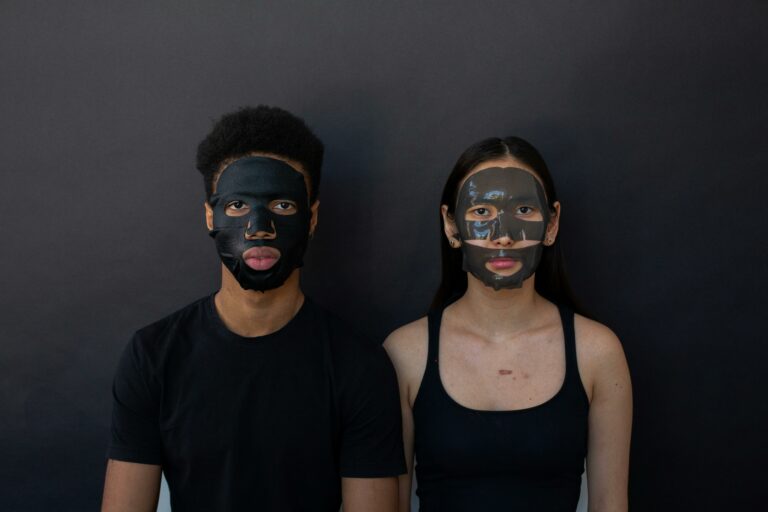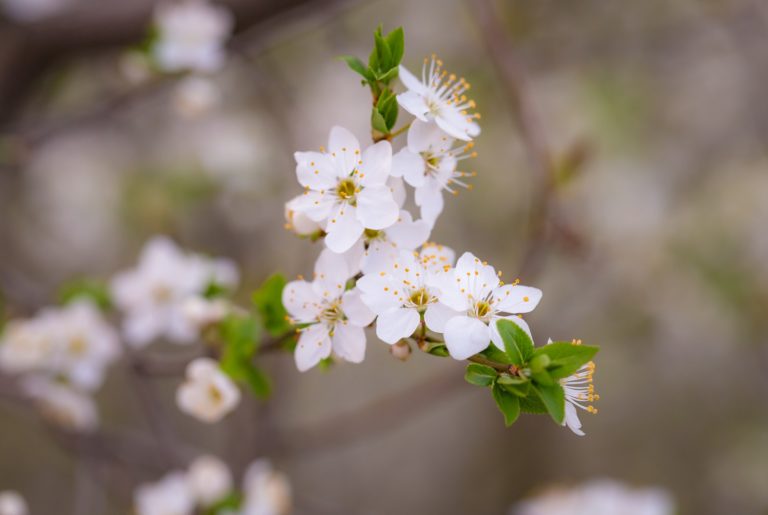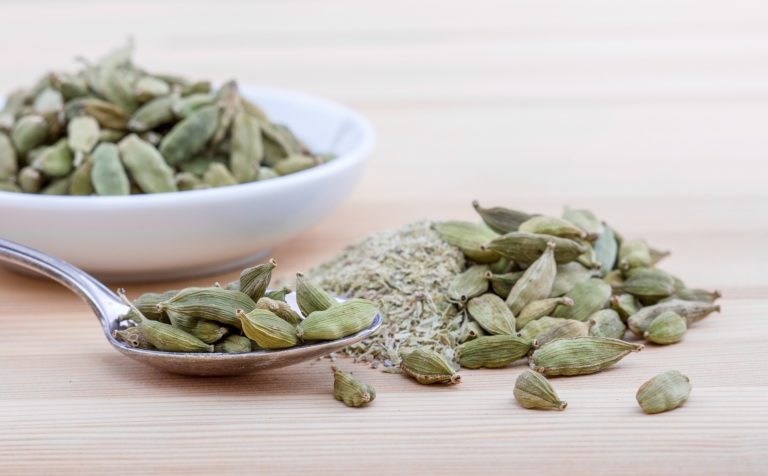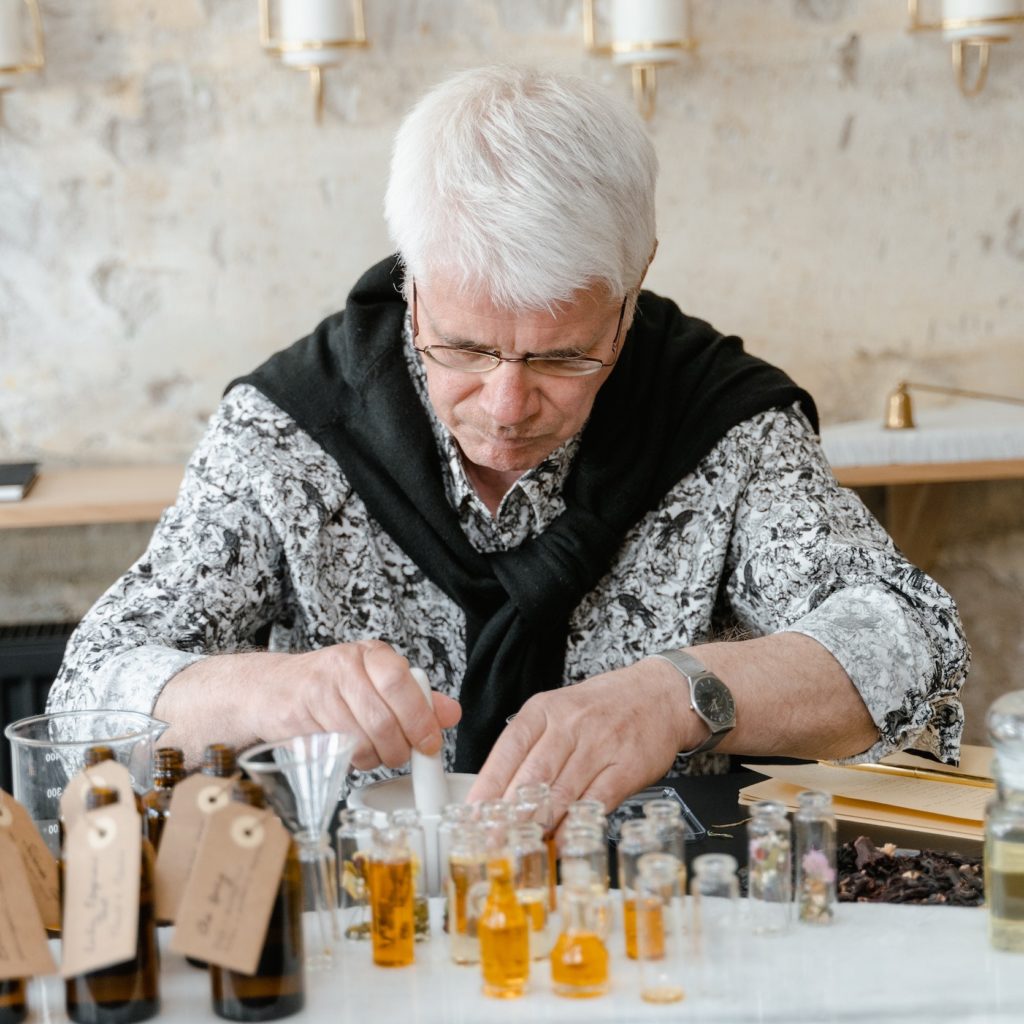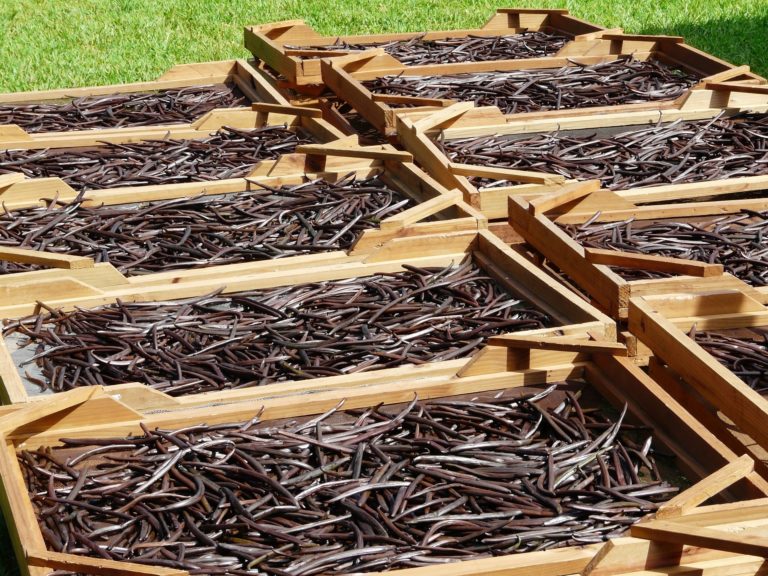Vetiver is a type of grass that grows in many tropical climates, including India and Indonesia. It has long been used as a scent base in perfumery, thanks to its strong earthy aroma. Vetiver oil is extracted from the roots of this grass and has been used for centuries by aromatherapists to calm anxiety and stress. The word “vetiver” comes from a language called Tamil; it means “root that was dug up.” All that’s well and good, but what does vetiver smell like?
Vetiver Origins
Vetiver is a perennial grass that grows in India and Indonesia. It has also been cultivated in Haiti, Jamaica and the Caribbean for centuries. Vetiver is used in perfumery, soaps and candles to give them a rich aroma.
Vetiver is used in perfumery because of its earthy, musky aroma. It’s also a note in many men’s colognes and has been used in women’s fragrances as well. Vetiver can be found in many soaps as well, either mixed with other ingredients or on its own.
What Does it Smell Like?
Vetiver smells like grass on a warm day, intermingling with soil and decomposing autumn leaves. It’s simultaneously fresh and herbal, while being incredibly earthy. It can also, at times, smell woody.
Vetiver is a grass. It’s one of the most important aromatics in perfumery and incense, and evokes a different feeling depending on the composition it’s included in. It also has a strong woody, earthy scent, and while typically described as “green,” vetiver can smell like dried grass, hay, or moist soil depending on its use.
As we’ve said, the smell of vetiver really depends on what you’re using it for, and the parts of the plant you’re using—the roots will have an earthier, smokier smell; the leaves and flowers (the parts we usually use) will have more of a citrusy scent to them while still retaining hints of overarching woodiness.
How Is It Used in Perfumery
Vetiver is often used as a base note in perfumery, as it adds a woody, earthy note to fragrances. It can also be used to add a fresh, green aroma — think of the smell of freshly cut grass in the springtime. Vetiver itself has an odor that some people find off-putting, so it is often combined with other scents in order to enhance them. For example, vetiver pairs well with citrus fruits to create an airy and more complex fragrance.
However, there are a number of fragrances that feature vetiver as a spotlight note, and build the composition around it. This works particularly well in the spring and summer, as the vetiver adds an earthy, grassy accord that perfectly compliments the green and blooming world in these seasons.
Men’s Fragrances With Vetiver:
Some men’s fragrances featuring vetiver as a prominent note include:
- Tom Ford Grey Vetiver is a truly classy, versatile, and dynamic scent. It’s clean, yet retains a magical sense of warmth and charm. We review Grey Vetiver in full.
- Terre D’Hermes is a classic woodsy scent that is simultaneously manly and understated. Check out our full Terre D’Hermes review for more.
- Lalique’s Encre Noire is a darker, more artistic take on vetiver. It smells like contemplative silence under a cloud-covered sky, or black ink spreading itself over fresh paper. Check out our full Encre Noire review for more info.
- Guerlain Vetiver is sort of the reference vetiver scent for men — it’s a very realistic interpretation of vetiver that puts all its facets on display. That said, its a phenomenal green-grass scent, with some smoky woodness and depth. Check out our full review here.
Conclusion
Vetiver exudes a powerful and complex scent. It’s earthy, fresh and fragrant all at once — and it can be used to create an array of different scents depending on how much you use and what else goes into the mixture. In perfumery, vetiver is often blended with other ingredients like woods, citrus or sandalwood in order to create unique blends that are perfect for specific occasions or moods. Vetiver can also be used as an essential oil for aromatherapy purposes.
We hope you found this guide on what vetiver smells like helpful, and hope you take full advantage of this lovely note to keep smelling your best!



